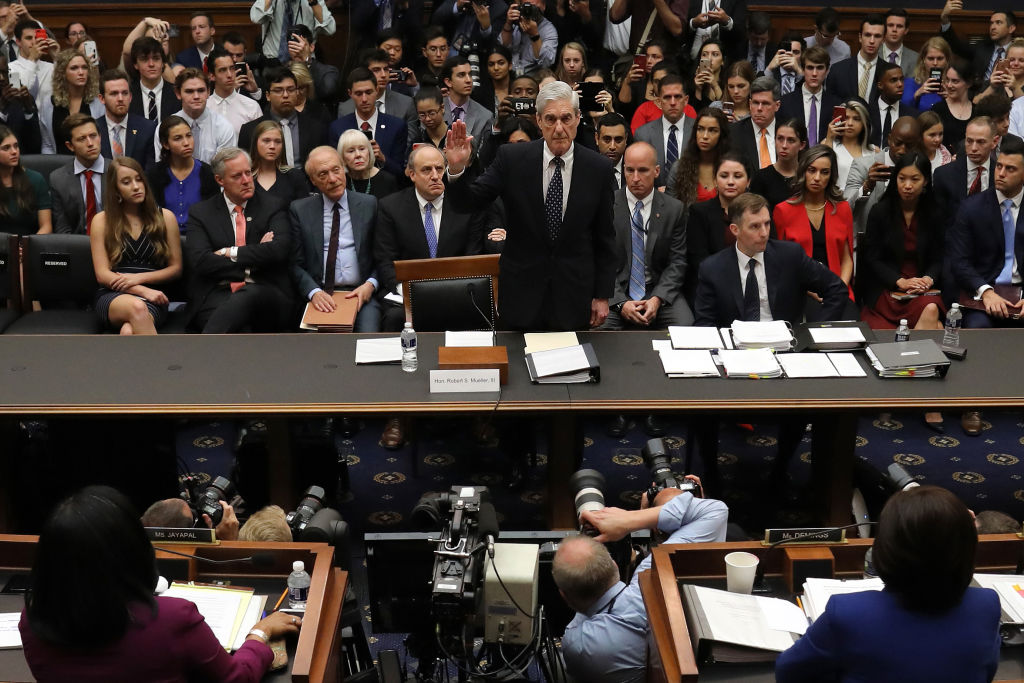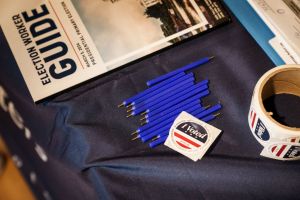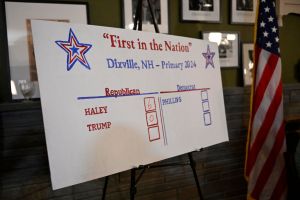Lights! Camera! Inaction!
The hearing, pushed hard by House Democrats, was supposed to be a major public event, designed to highlight allegations against President Trump in the report by special counsel Robert Mueller. It was always about convincing the public that the report was far more damning than the public initially thought. It was never about new evidence — only about putting the existing report up in lights.
It failed in that theatrical goal. The phrase of the day is a stumbling Mueller asking, time and again, ‘Can you repeat that?’
For Democrats: the hearing was all about revving up public support for impeachment. That meant building enthusiasm well beyond their base. The key was to highlight President Trump’s alleged obstruction of justice in a convincing, gripping fashion.
For Republicans, the hearing was all about stopping that and defending the president. Their party cannot retake the House and retain the Senate if the top of the ticket is badly damaged.
Given these political stakes, the Democrats needed to ‘win’ the hearing outright, to show that they need to keep investigating the president, even if that prevents them from advancing other legislation. The Republicans had an easier task. They merely had to stop the Democrats from using the Mueller report to fuel impeachment. That’s exactly what they did. They succeeded not by winning outright but by blocking a Democratic victory.
As political theater, the hearing was a dud. The five-minute question periods, alternating between parties, made it hard for Democrats to build a convincing narrative. Even worse, the Democrats’ star witness was a visibly aged special prosecutor. Robert Mueller capped a distinguished career of public service with an undistinguished performance. He looked weak and sometimes befuddled, repeatedly asking for questions to be repeated. He refused the Democrats’ invitation to do a ‘show and tell,’ in which he would read his report aloud and embellish its findings. He essentially told the country, ‘I have nothing to say beyond the report itself. Please move along.’
That’s bad news for Chairmen Jerry Nadler, Adam Schiff, and others in the House Impeachment Brigade. House Speaker Nancy Pelosi was already trying to hold them in check. Now, she’ll have a much easier time. Nadler will find it much harder to use his committee and its subpoena power to build opposition research against Trump for 2020. He’ll try, but Trump associates will refuse to testify, saying the committee has no legitimate legislative purpose. Nadler won’t be able to state one.
For two years, the Democrats said, ‘Just wait for the Mueller report. It will prove collusion with Russia.’ When that failed, they dreamed up this hearing. Now, that has failed, too. In its wake, they will have to explain why they spent two years on this fruitless chase.
Meanwhile, Attorney General Bill Barr and US Attorney John Durham, plus Inspector General Michael Horowitz, are busy showing the chase was worse than fruitless, it was likely fraudulent — begun under false pretenses and bolstered with lies to courts and Congress. It seems to have involved faux ‘evidence’ planted by the Clinton campaign, the Democratic National Committee, and US government agencies and then trickled back to the FBI to launch criminal investigations.
The FBI, Department of Justice, and CIA may have been a circular firing squad, but they placed Donald Trump squarely in the center of the circle. The malefactors who did it are about to face a reckoning in what could be one of the foulest scandals in American political history.
All that is ahead of us. The Mueller report and Nadler-Schiff hearings are in the rearview mirror, fading rapidly. They leave this political legacy: the Democrats cannot use the events of 2016 to beat Trump in 2020. Instead, they actually have to find a candidate who can beat an incumbent president in a full-employment economy. That won’t be easy.
Charles Lipson is the Peter B. Ritzma Professor of Political Science Emeritus at the University of Chicago, where he founded the Program on International Politics, Economics, and Security.


















